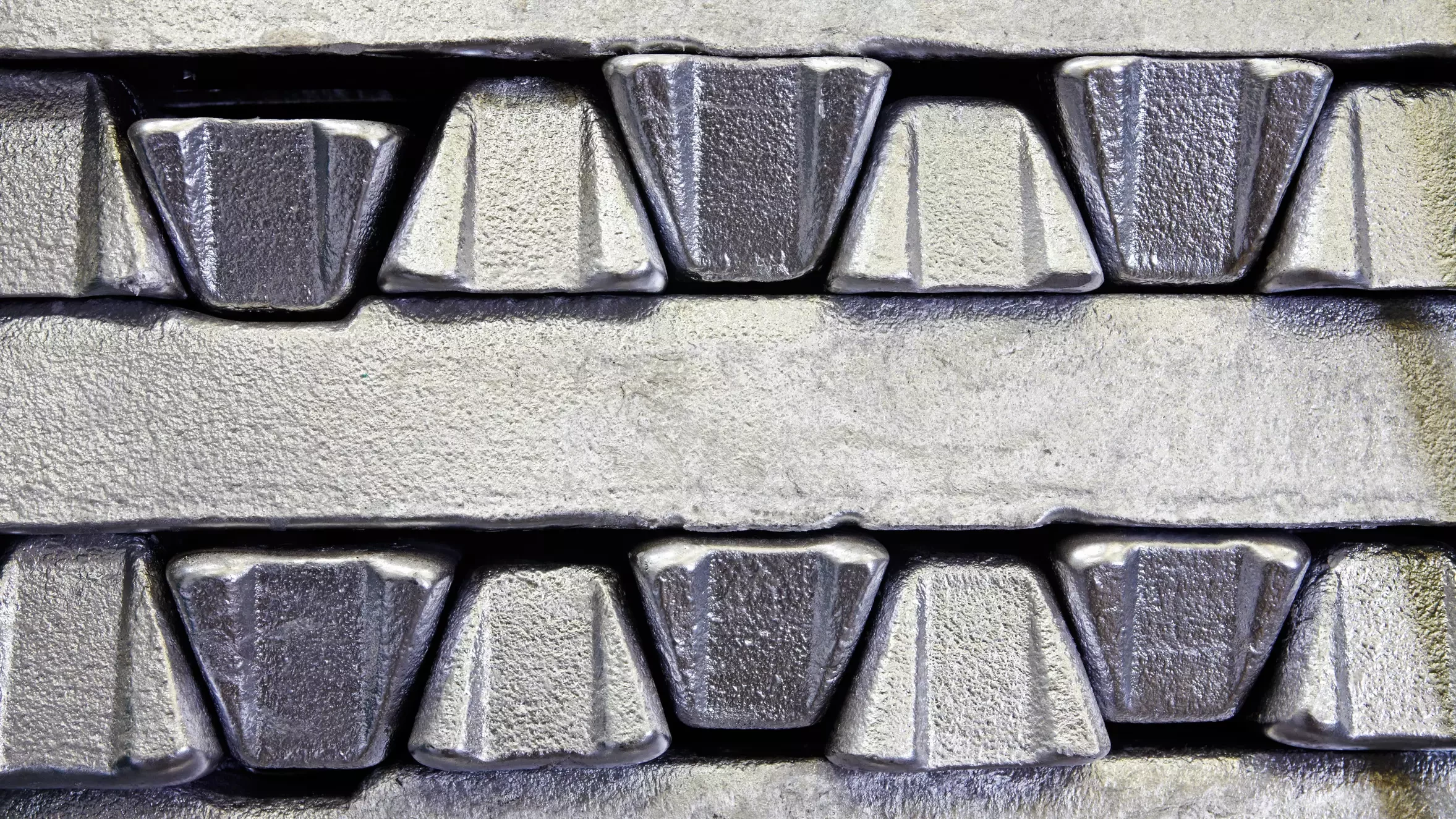The Manufacturing Execution System (MES) iTAC.MES.Suite and the associated IIoT solutions have proven themselves in companies in various industries. iTAC’s MES can be custom-tailored specifically to the respective requirements. The company has also developed a special solution for the foundry industry. Increasingly complex parts in the foundry industry – e.g. for electronic vehicles – require a high degree of control and quality assurance of the die casting processes.
Control processes – reduce error rates and scrap
Together with Provitec GmbH, iTAC develops solutions for the optimization and monitoring of casting processes. For example, one joint development is being used in the production of a leading company in the foundry sector. This market participant is also increasingly producing castings for vehicles with electronic drives, such as battery housings and electric motor housings. The solution by iTAC and Provitec monitors and optimizes the entire casting process, thereby reducing error rates and scrap. It integrates the entire production process, from casting, mechanical processing and laboratory checks to shipping.
In addition to the standard MES functionalities, the solution offers industry-specific features. These include the “birth lock” (i.e. if a defect is detected, the affected parts are locked immediately when serialization occurs, and a quality inspection is carried out). The locked products can not be dispatched without approval from the MES. This process is controlled based on parameters. In addition to the unique parts history including measurement and process data, an analysis of the process data, e.g. for heat treatment, can also be carried out.
The industry must open up to Foundry 4.0
These and other functionalities lead to a comprehensive MES solution – from the melting process to outgoing goods. iTAC and Provitec are also continuously working on further solutions in the areas of Industry 4.0, IoT and AI. Peter Bollinger, CEO of iTAC Software AG, explains: “Companies must open up to Foundry 4.0 if they want to survive in the market of the future. The parts are becoming more and more complex and increasingly technically dependent – at the same time, maximum precision is required. In order to guarantee high product quality and at the same time produce efficiently with low error rates and minimal scrap, MES and corresponding automation and AI solutions are essential.”


